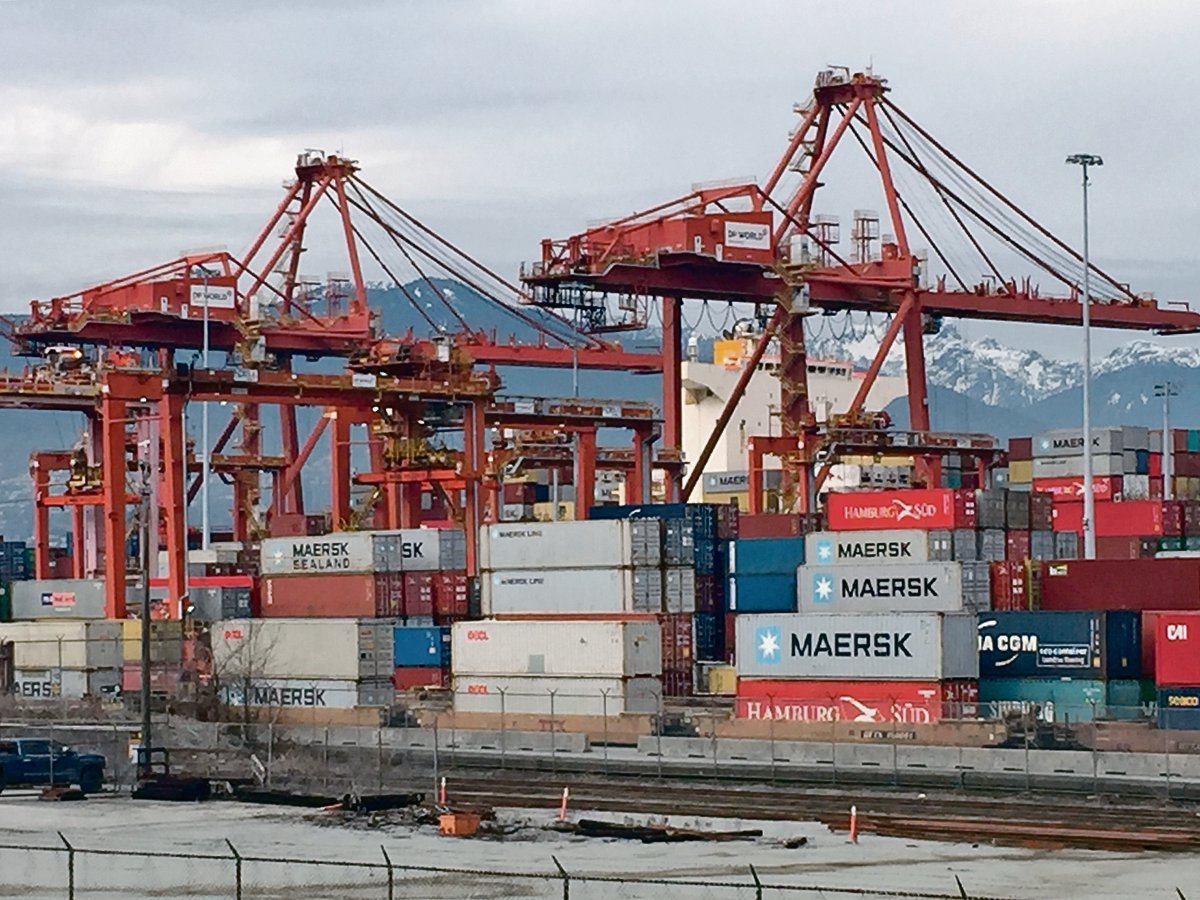WINNIPEG — International trade stakeholders said securing markets in the face of increasing protectionism should be the key priority for Canada’s agriculture ministers.
Panelists appearing at the federal-provincial-territorial ministerial meeting said the ministers were interested in understanding the industry’s perspective on challenges, future markets and opportunities.
“I think there was unanimity across the panel that trade is the number one priority and ensuring that we have market access is absolutely the critical policy issue for Canadian agriculture,” said Cam Dahl, general manager of the Manitoba Pork Council.
Read Also

Prairies have variable soil moisture conditions
The dry weather in the west was welcome for preserving grain quality and advancing harvest, but it has resulted in very dry soil moisture conditions.
While canola and Chinese tariffs are drawing much of the attention lately, he said it’s important to remember there are issues in other countries including the United States.
“I think every commodity group represented on the panel has issues with market access to Europe, so we have to make sure our trade agreements that we have work as well as dealing with issues like tariffs with China,” Dahl said.
Michael Harvey, executive director of the Canadian Agri-Food Trade Alliance, said everyone was interested in the issues of political risk around protectionism.
“One thing that’s very important for the ag ministers to understand is that the ag industry needs to be involved in the international trade discussions and be very central to it,” he said. “Sometimes other industries are sort of centre stage and it’s just so existential for our industry that we need to be involved in the decision making.”
Keystone Agricultural Producers general manager Colin Hornby said industry has to give ministers the “ammunition” to advocate.
He said his main point was talking about future trade opportunities and markets is fine but preserving and enhancing existing large markets is critical.
“The U.S. and China cannot be replaced,” he said.
Dahl said Canada doesn’t have an agricultural plan for the review of the Canada-U.S.-Mexico Agreement yet and needs one. Ministers should recognize the importance of trade as their number one file and work with agricultural organizations to develop a strategic plan going into the review, he said.
Canadian Cattle Association past-president Nathan Phinney presented on behalf of that sector. He urged action on the specified risk material file. Canada still has more onerous and expensive rules more than 20 years after BSE was discovered in the country and wants parity with the U.S.
“I know there’s been some draft regulations being developed and there is good movement at CFIA and that momentum needs to carry on,” he said.
CCA also wants cost-shared livestock price insurance premiums, and has been asking for that for nearly a decade. Phinney said there is great global demand for Canadian beef and the industry is posed to expand after a number of years of declining cow numbers.
He said cost-sharing premiums would show the rest of the world and producers that Canada is serious about support.
“If we look at what happened in the U.S. when the USDA put money into their insurance program to assist their producers the amount of cattle that were insured actually skyrocketed,” Phinney said. “I think this helps with trade diversification as we get new markets established. It’s hard to build a herd on a market that you don’t know if its going to be there or not.”
It would be proactive in the event of a massive trade disruption and could build a pot of money available in a crisis, he said.
Food and Beverage Canada and the Canola Council of Canada were also represented on the panel.
Kristina Farrell, CEO of FBC, said unpredictable access to the U.S. remains a significant risk for food manufacturers. Supply chains are so tightly integrated that small shocks can make big waves.
“Canada leads in free trade agreements, but non-tariff barriers blunt reciprocal access,” she said. “Diversification must deliver practical market entry.”
She also said her sector requires regulatory certainty in Canada. Bill C-5 , the One Canadian Economy Act, raises food safety concerns because it risks equating provincial systems with the federal system but full equivalency doesn’t exist, she said.
Ministers acknowledged the importance of trade in their communique after the meeting.
“To support the sector’s ability to navigate evolving trade dynamics, Ministers emphasized the importance of ongoing engagement with key trading partners, including the United States and China, while expanding and diversifying market access and enhancing critical infrastructure,” they said.
Ministers also discussed business risk management programs and will adjust the program to include feed costs associated with rented pasture as an allowable expense beginning in the 2026 program year. Officials continue to examine potential changes to BRM programs to ensure they are responsive. The current suite expires March 31, 2028.
Other topics included animal disease preparedness and internal trade.
The ministers’ next annual meeting will be in Halifax.
















